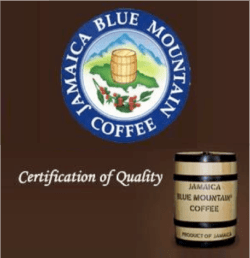
TOP 5 MYTHS ABOUT COFFEE.
How do you take your coffee? Rich, strong, smooth, black, creamy, with or without sugar or honey? In whatever form you like it, if it is made from hand-selected smooth beans, with a great flavor, vibrant acidity, and the barest bitterness, then you have in your hand your perfect brew. Sadly, many people still have reservations about this great gift.
As you enjoy your cup of awesomeness, let us discuss and debunk the top 5 myths about coffee:
- Drinking coffee results in dehydration: FALSE. Coffee contains caffeine which naturally causes diuresis. This means it can promote a slight increase in the production of urine, leading to loss of sodium and water; however, coffee is prepared with water, and this cancels out the diuretic effect of the caffeine in the coffee.
This is also true for coffee intake before exercise. A meta-analysis done with a dosage of 300mg of coffee, matching to the average daily drinking pattern, showed no overall increase in a fluid loss; instead, it yielded a beneficial effect of improving performance.
This is due to the innate ability of caffeine to induce increased production of Adrenaline which promotes the flow of blood to the heart muscles, and other tissues. The recommended daily intake of water is eight 8oz cups so you can drink enough water & still enjoy your coffee. - Coffee is bad for your health: FALSE AGAIN. Drinking coffee in moderation has been proven to have several health benefits. Moderate coffee is defined as around 3-5 cups of coffee a day by the European Food Safety Authority’s review of caffeine safety.
Coffee is very rich in polyphenols. Polyphenols are micronutrients rich in antioxidants and other health benefits. Being antioxidants, they rid the body of free radicals, which are toxic waste products of the body’s metabolic processes that have the potential to cause harm. One key Polyphenol in coffee known as chlorogenic acid, has been known to reduce the risk of cardiovascular diseases.
Tons of evidence shows that coffee consumption reduces the incidence of liver cancer by 40%. It also reduces the incidence of other liver diseases like Cirrhosis with 25-75% and slows the progression of the disease. This mainly because coffee affects liver enzymes. - Coffee can result in stunted growth: WRONG AGAIN, taking coffee in moderation, does not result in stunted growth. This myth can probably be linked to the belief that coffee increases the risk of Osteoporosis. Coffee contains caffeine which is a stimulant and may also slightly reduce calcium absorption, however, it is known that with a few spoons of milk, this effect can be counteracted. A study of the effect of caffeine on the bone gain in 81 females between ages 12-18 showed no significant correlation. Health Canada suggests a recommended daily allowance for children as follows:
- 4 – 6 years 45 mg daily
- 7 – 9 years 62.5 mg daily
- 10 – 12 years 85 mg daily
One cup of roasted, ground, filter drip coffee is equivalent to 8oz, or 237ml contains approximately 179mg of caffeine apart from other sources, so we recommend you drink responsibly.
- The darker the coffee bean is roasted, the higher the caffeine content: This is an ancient theory that has been disproven. Roasting is a process of drying that extracts the aroma and flavor that is packed inside the green coffee beans. In general, roasts fall under the following categories light, medium, medium-dark, and dark. The darker the roast, the higher the oil content on the surface resulting in a higher bitter taste and less acidity.
Light roast coffee is light brown without oil on the surface because the beans are not heated long enough for the oil to breakthrough. These usually have crisp acidity and bright flavors, as light roasting brings out more unique flavors.
Light roast coffee is denser than dark roast because of higher moisture content and a slightly higher caffeine content because no content is lost during roasting, although the equal weight measured of light or dark coffee results in equal caffeine content. - Finally, coffee can cure a hangover: Anecdotes recommend the use of caffeine to counter the hangover form an alcohol binge; however, this is merely a myth. Caffeine being a stimulant, causes your body to release Adrenaline, which increases your heart rate and, in turn, increases blood flow around your body. It boosts your metabolism, ensuring a continuous supply of fuel for you to function and promote your alertness.
The alcohol, however, remains in your system and until your body can metabolize it. As long as it remains, you don’t get sober. The stimulant effect also does not help with the headaches, which is why some persons recommend the addition of other drugs, thus complicating the already complex issue. Also, bear on mind that in the state of this pseudo alertness, a person can falsely assume that it is ok to take more alcohol; thus, the vicious cycle continues.
Now you are better informed, why not share with a loved one?.
- Phone Number : 305-814-4920
- Email Address : sales@jamaicancoffeeclub.com
- Location : 580 NW 5th Street 19588, Plantation, Fl. 33318
- Youtube Jamaican Coffee Club
OUR PHILOSOPHY
We promise to give our customers an unparalleled experience from the first contact with us on our website, through to the final sip of our unforgettable coffee. Our aim is to make you say – “Wow. This is much better than I expected”…

Copyright © 2024 Jamaican Coffee Club | Powered by Jamaican Coffee Club

